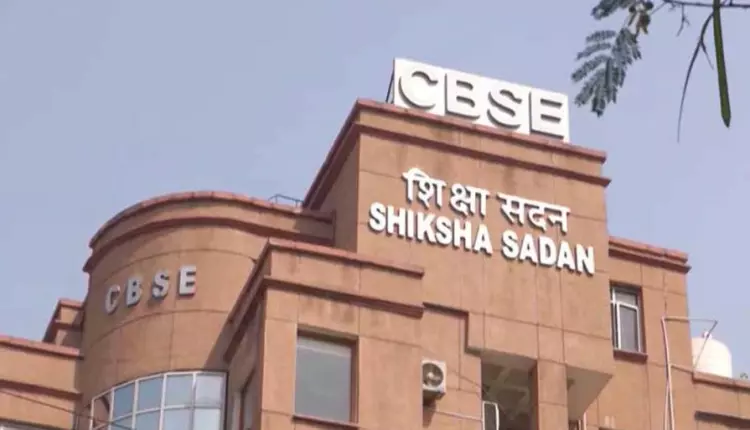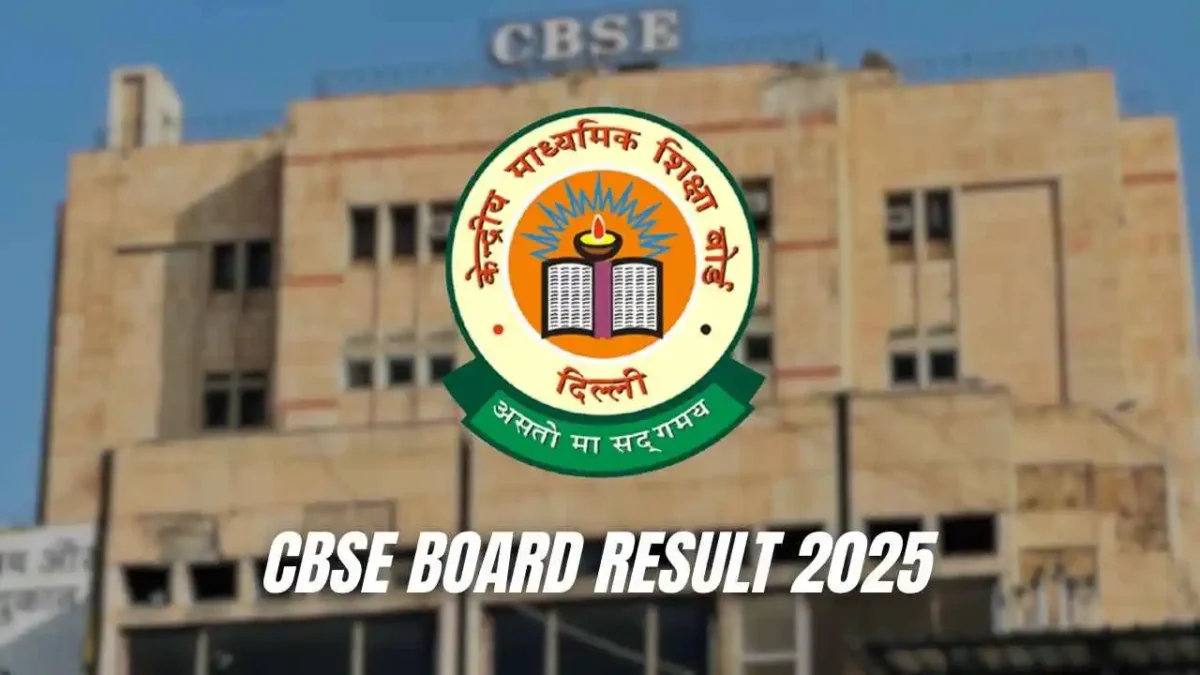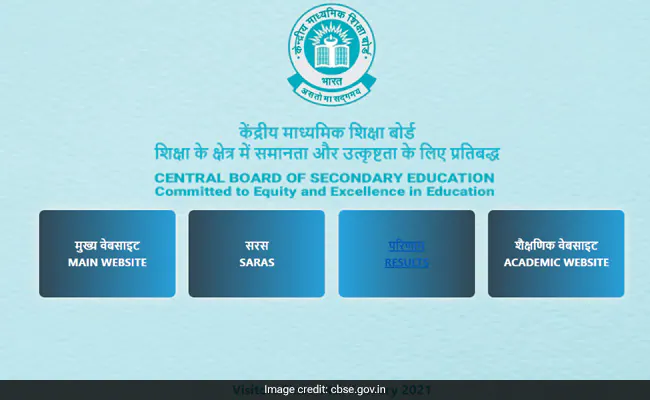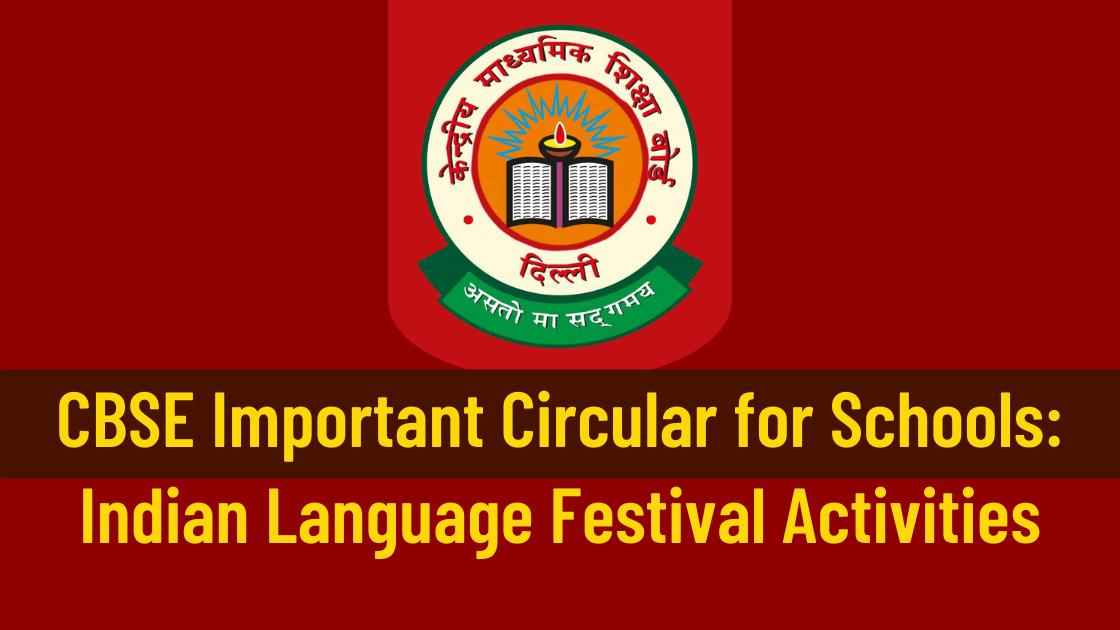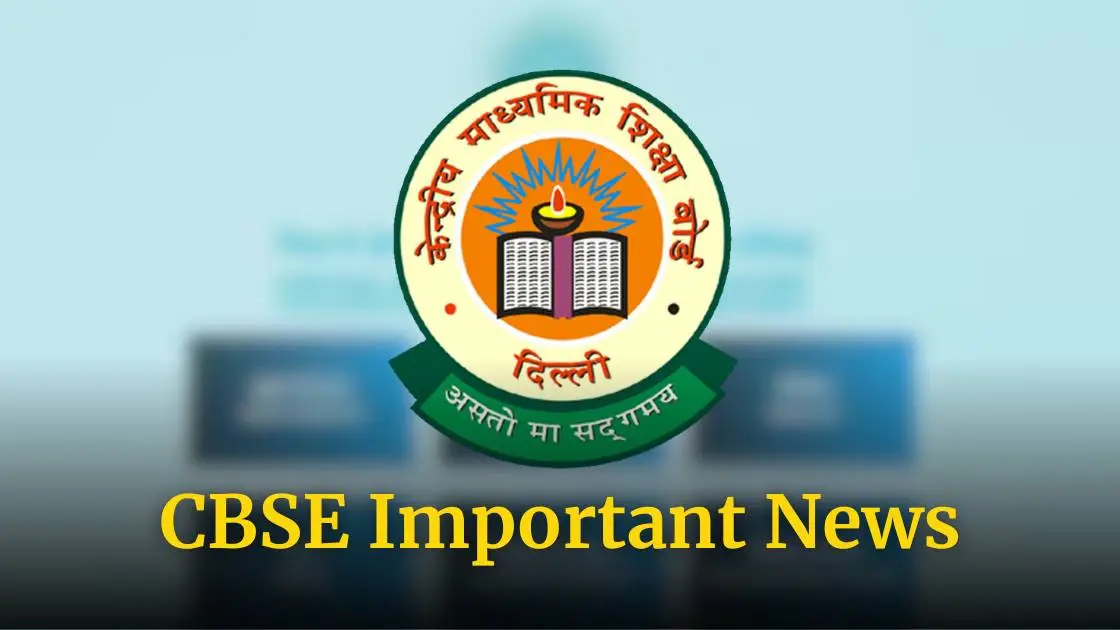CBSE Proposes Open Book Exams for Enhanced Learning
The Indian Express has reported that the Central Board of Secondary Education (CBSE) proposed considering Open Book Examinations (OBE) for students of classes 9 to 12 in the National Curriculum Framework (NCF).
CBSE Proposes Open Book Exams; Read Full Article for In depth Information about Open Book Examinations.
Introduction to Open Book Examination
The Central Board of Secondary Education (CBSE) is revolutionizing the Indian educational landscape by proposing Open Book Exams (OBE) for students from classes 9 to 12.
Adhering to the latest recommendations of the National Curriculum Framework (NCF), this innovative approach aims to shift the focus from rote memorization to a more comprehensive understanding and application of knowledge.
Understanding the Concept of Open Book Exam
An Open Book Exam (OBE) is designed to evaluate students’ higher-order thinking skills rather than their ability to recall information. In this format, students are allowed to refer to textbooks, notes, or other course materials during the exam.
This method encourages critical thinking and understanding, moving away from the traditional memorization techniques.
Four months prior to the examination, CBSE provided course materials under the Open Text Based Assessment (OTBA) initiative. This preparation allows students to familiarize themselves with case studies and other relevant information that they can later reference during the examination.
CBSE’s Pilot Plan for Open Book Exam
CBSE plans to initiate this innovative testing method as a pilot run, starting with Biology for selected schools. The subjects chosen for the pilot in classes 9 and 10 include English, Mathematics, and Science, and for classes 11 and 12, English and Mathematics.
The pilot aims to gather feedback from stakeholders and understand the time students require to complete such exams.
What is CBSE Open Book Exam?
The essence of the CBSE Open Book Exam lies in its ability to allow students to carry and consult their study materials during the exam.
However, it’s very important to note that OBEs pose their own set of challenges, often proving to be more difficult than traditional exams. They assess students’ understanding of the subject, their analytical skills, and their ability to apply concepts, rather than simply memorizing facts.
Implementation Timeline
The board has slated the pilot run for the Open Book Exam to be held in November-December of this year. Post-pilot, CBSE will evaluate whether to extend this exam format to all affiliated schools for the specified classes.
The design and development phase of the OBE pilot is expected to be completed by June, with consultation from Delhi University for effective implementation.
Historical Context and Feedback
It’s worth noting that this isn’t the first time CBSE has experimented with such an initiative. The board previously introduced the Open Test Based Assessment (OTBA) for the final examinations of classes 9 and 11, spanning three academic years from 2014 to 2017.
However, due to the negative feedback from various stakeholders, the plan was not fully implemented.
Conclusion: A Step Towards Educational Reform
Keypoints:
♦ CBSE proposes Open Book Exams (OBE) for classes 9 to 12 to enhance critical thinking over rote memorization.
♦ OBE allows students to refer to notes and textbooks during exams, focusing on understanding and applying knowledge.
♦ The pilot run for OBE is set for Biology in selected schools, with plans to expand to more subjects based on feedback.
♦ The initiative aligns with the National Curriculum Framework (NCF) recommendations, aiming for a more holistic education approach.
♦ Previous attempts like OTBA were made but discontinued due to negative feedback; the new OBE pilot seeks to learn and adapt from past experiences.
The introduction of Open Book Exams by CBSE marks a significant shift towards modernizing the Indian education system. By promoting a deeper understanding of subjects and reducing the emphasis on memorization, CBSE aims to prepare students for real-world challenges.
As the educational sphere watches closely, the success of the pilot could pave the way for a new era of testing and learning in India.
